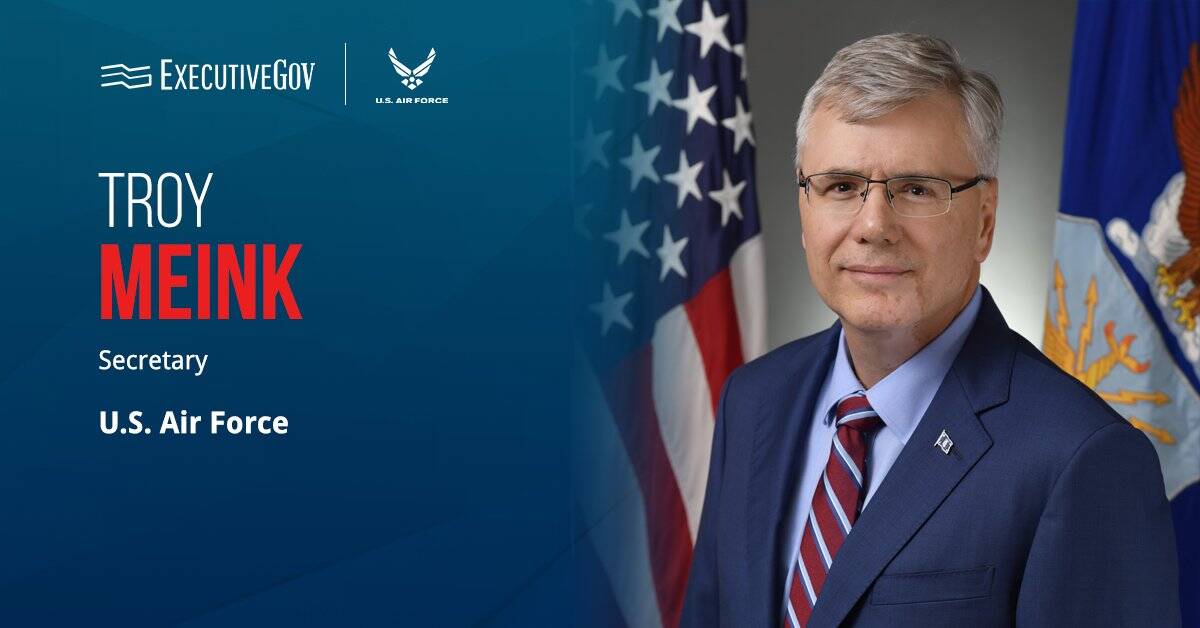
The Department of Energy will award $37M in grants supporting research projects to grow the quantum information science area. DOE said Wednesday that it seeks to facilitate the creation of quantum information platforms and utilize capacities that may further initiatives in chemical and material sciences.
Some of the projects include studies on chemical composition via quantum computing and an attempt to synthesize chemical and material systems. The agency noted that quantum information science will help develop new capacities in networking, computing and sensor technologies.
“It’s critical that we remain in the forefront of information science and technology, and this new research will help ensure continued U.S. leadership in the information economy in the years ahead,” said Paul Dabbar, undersecretary for science at DOE.





